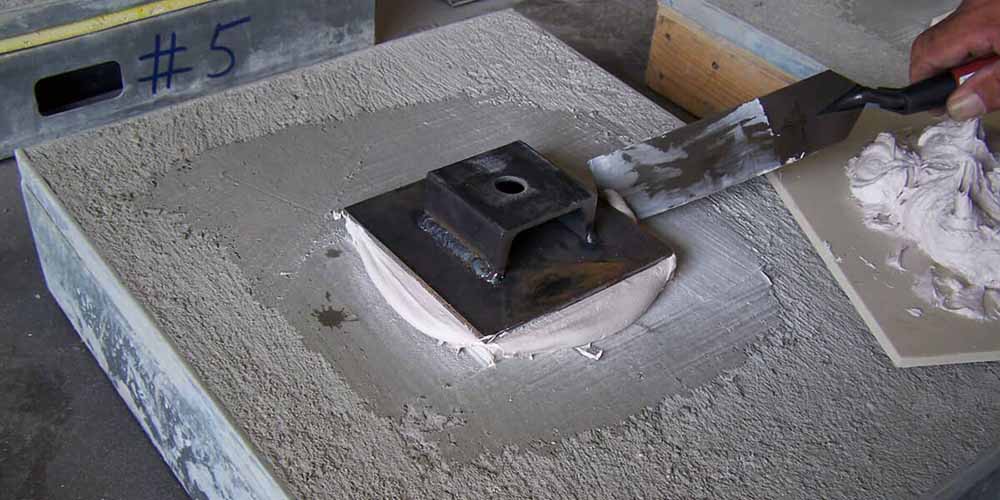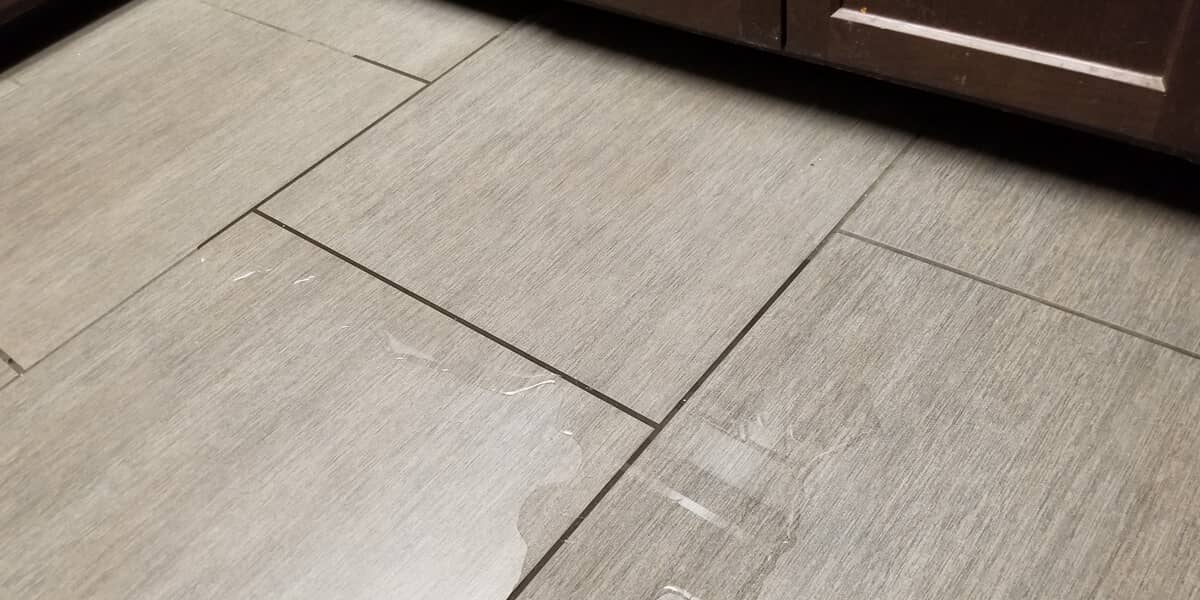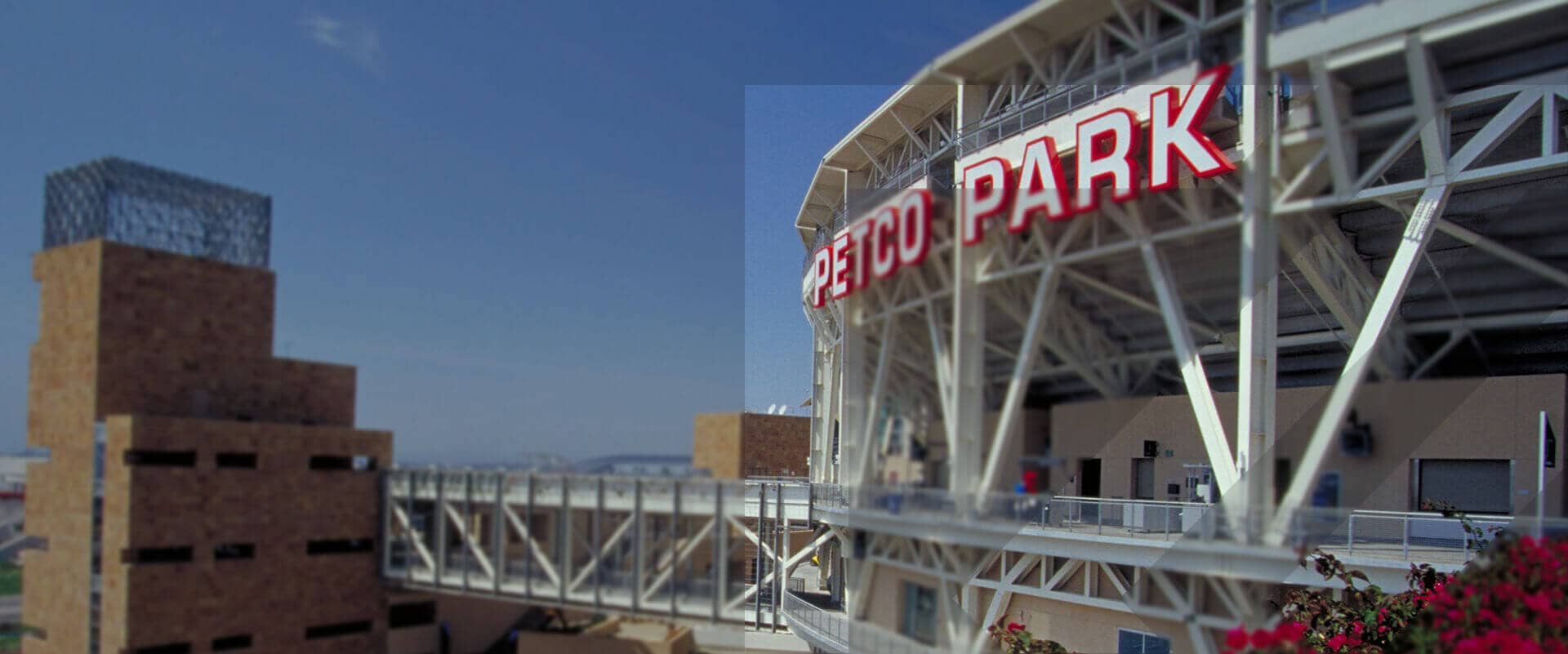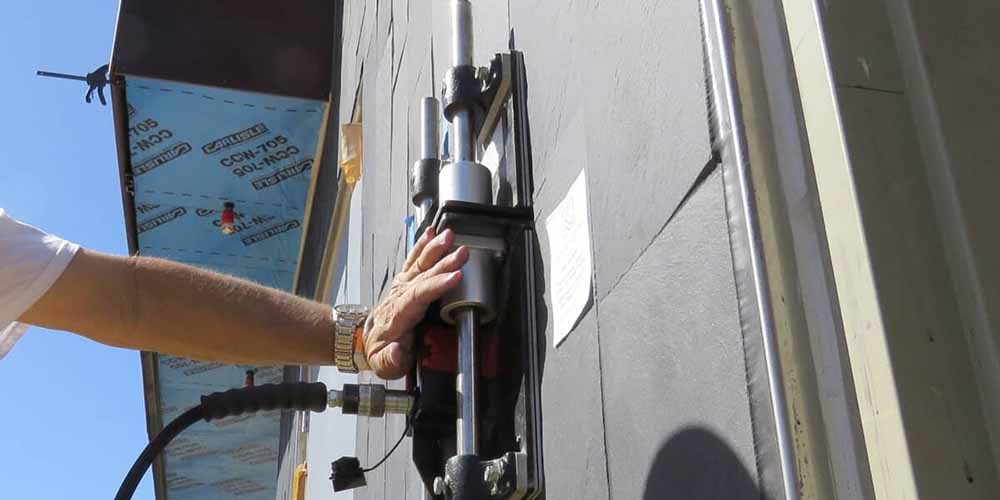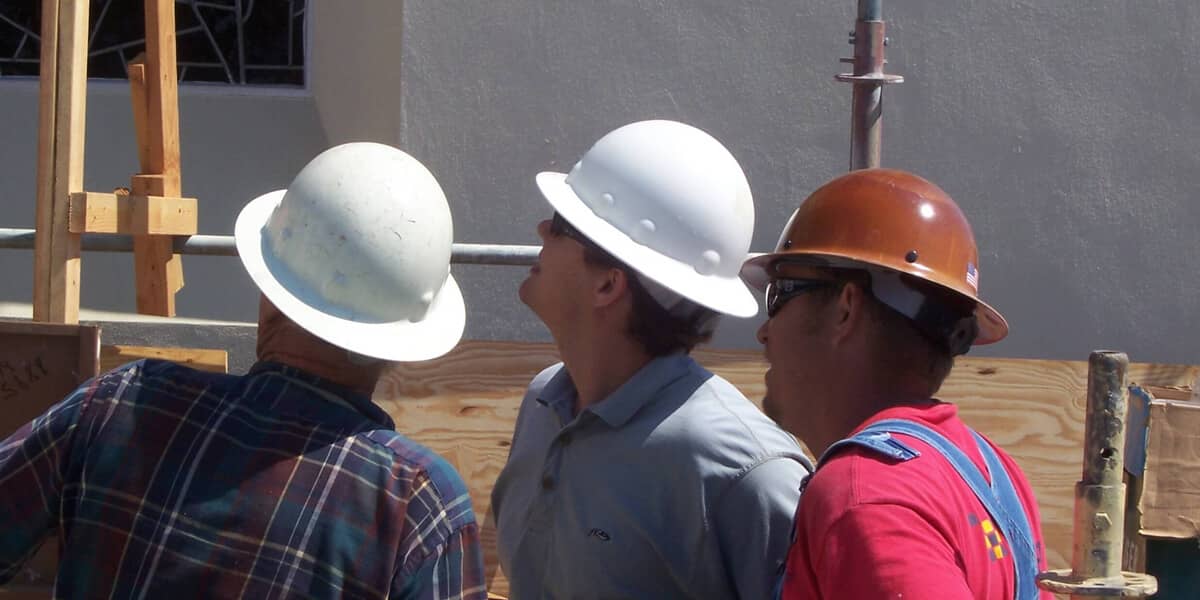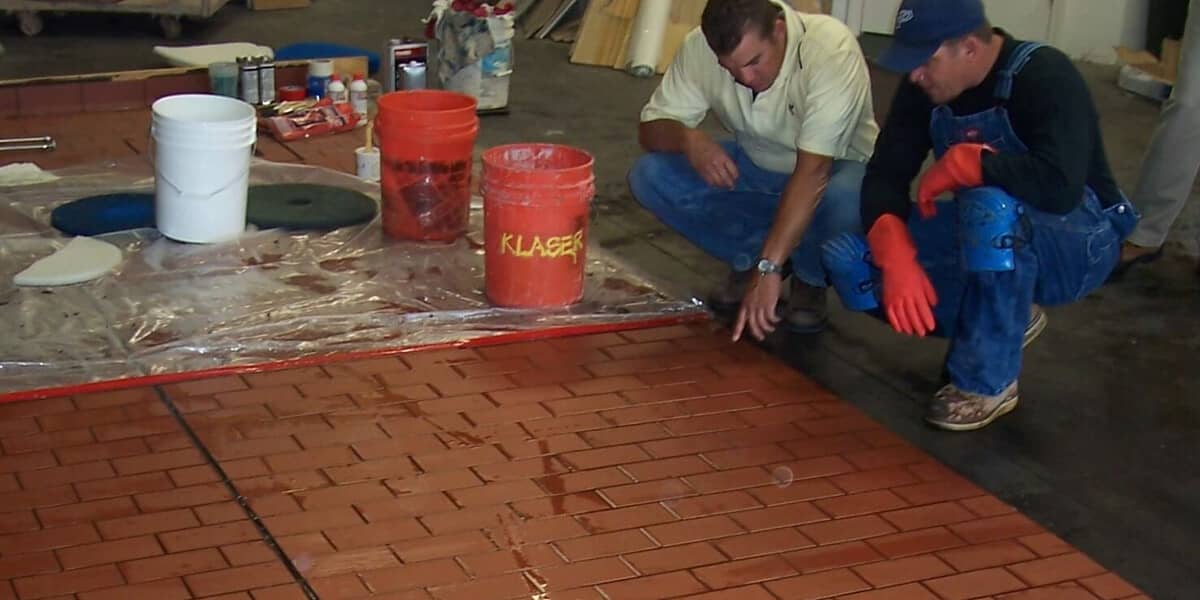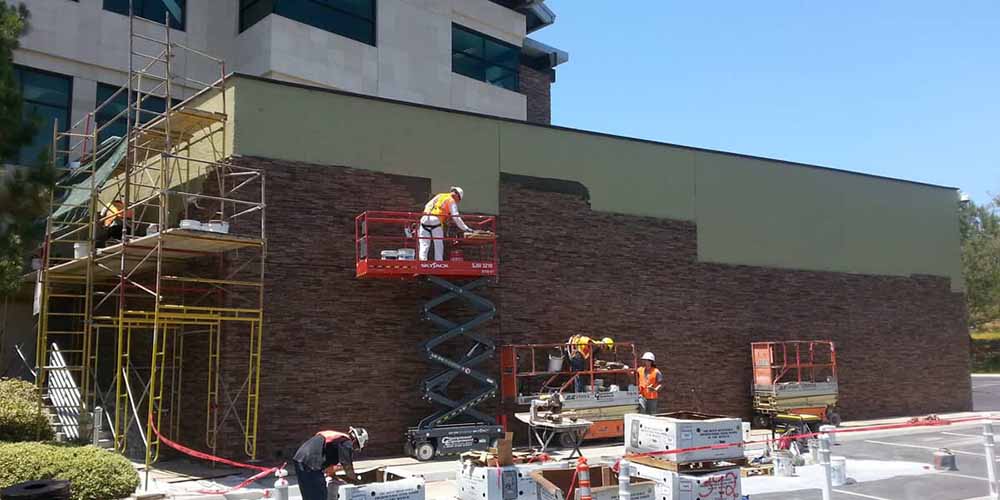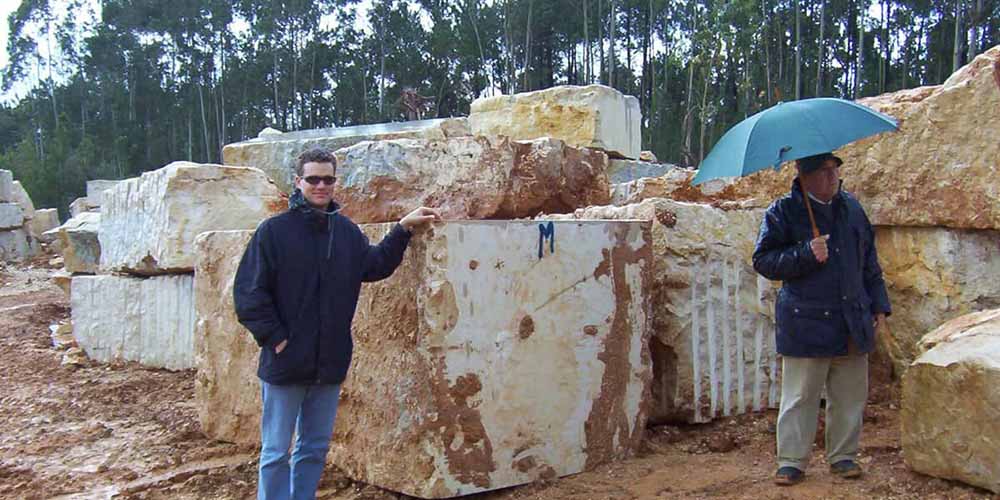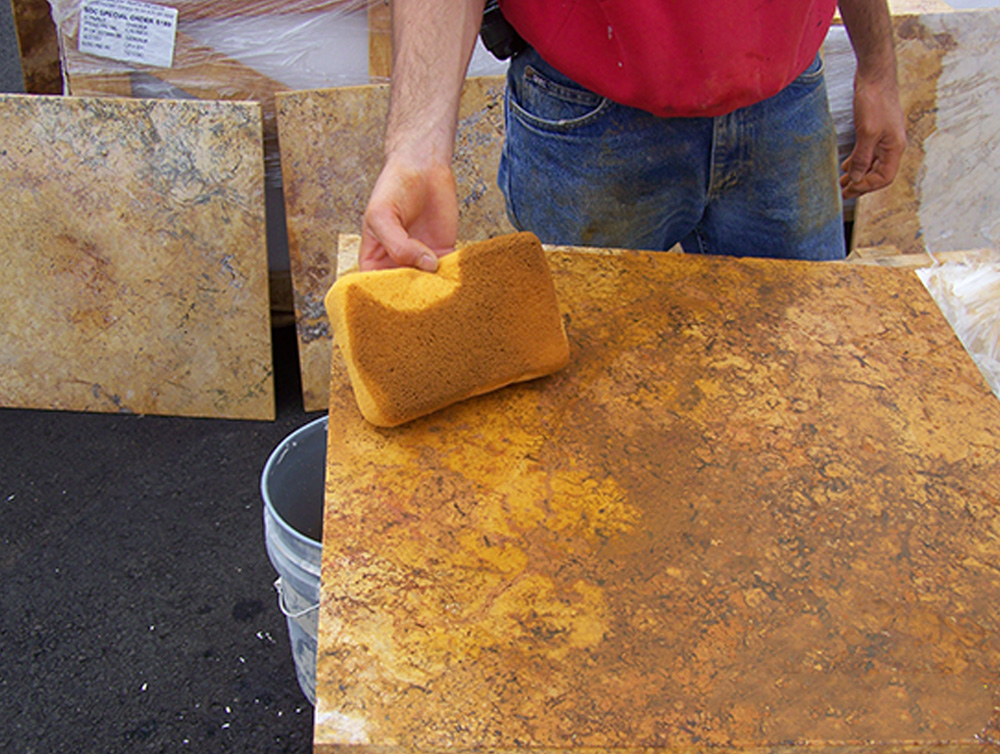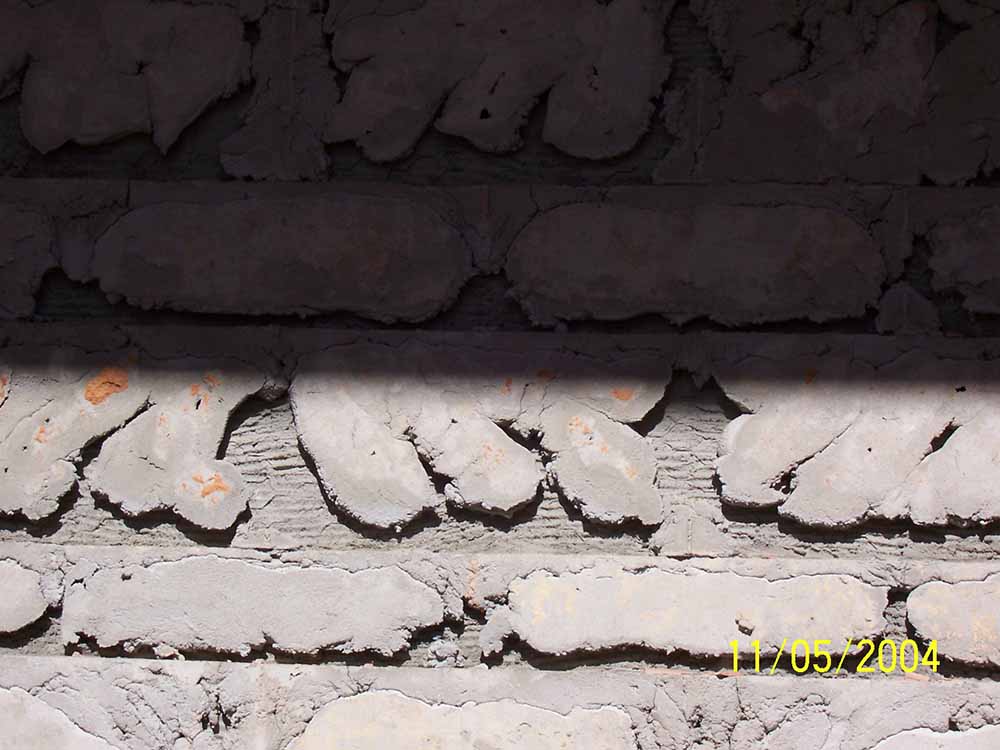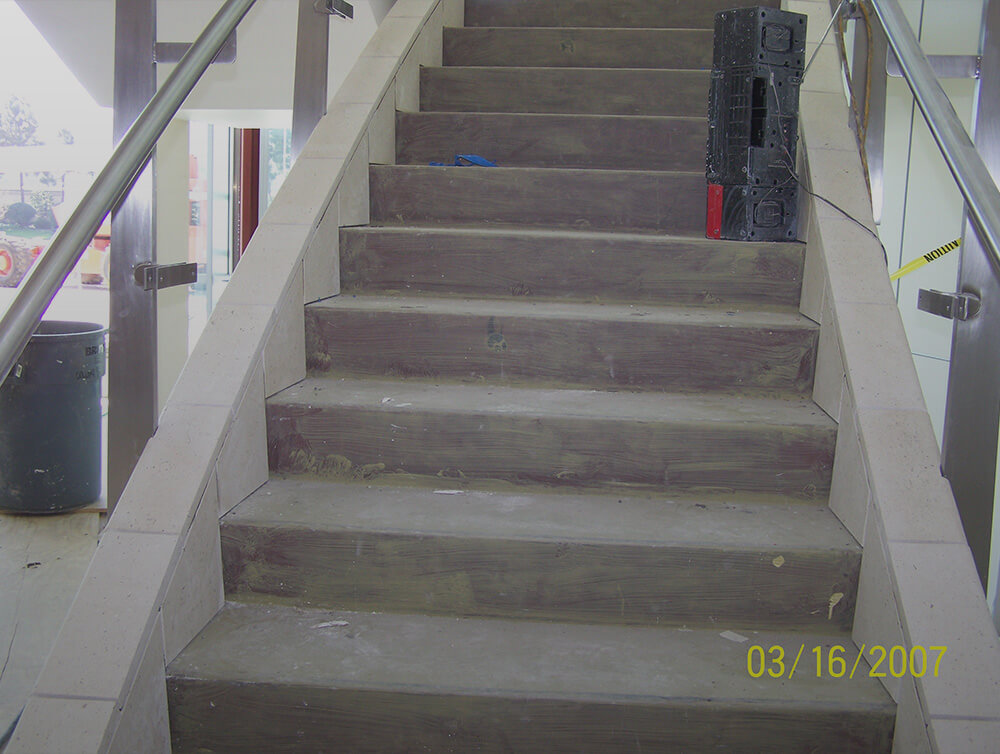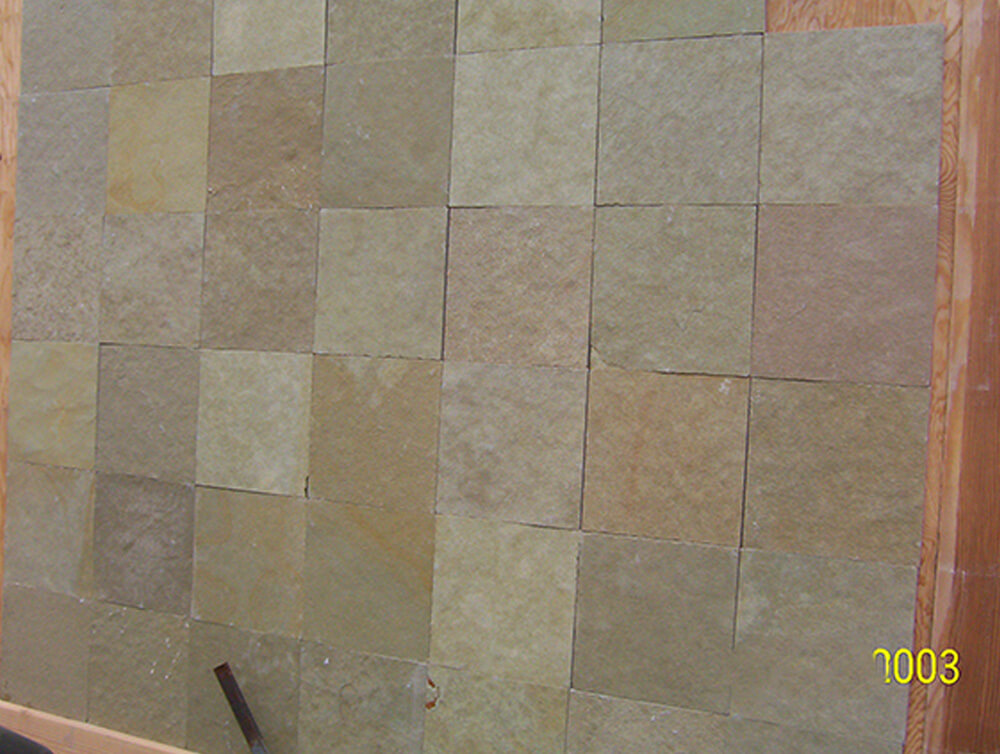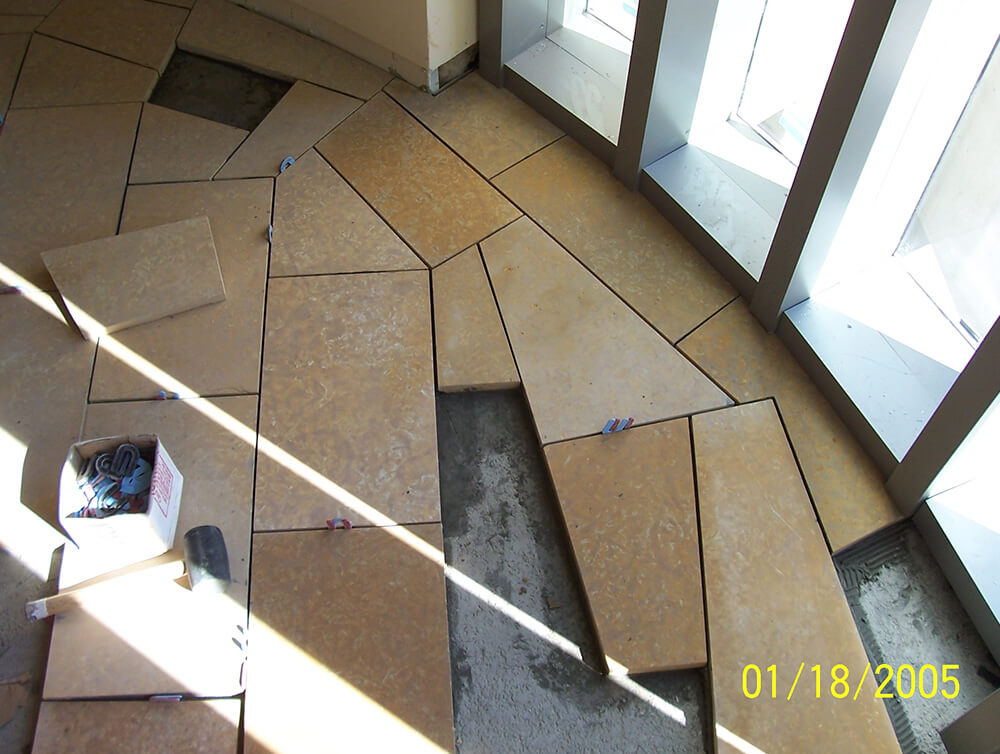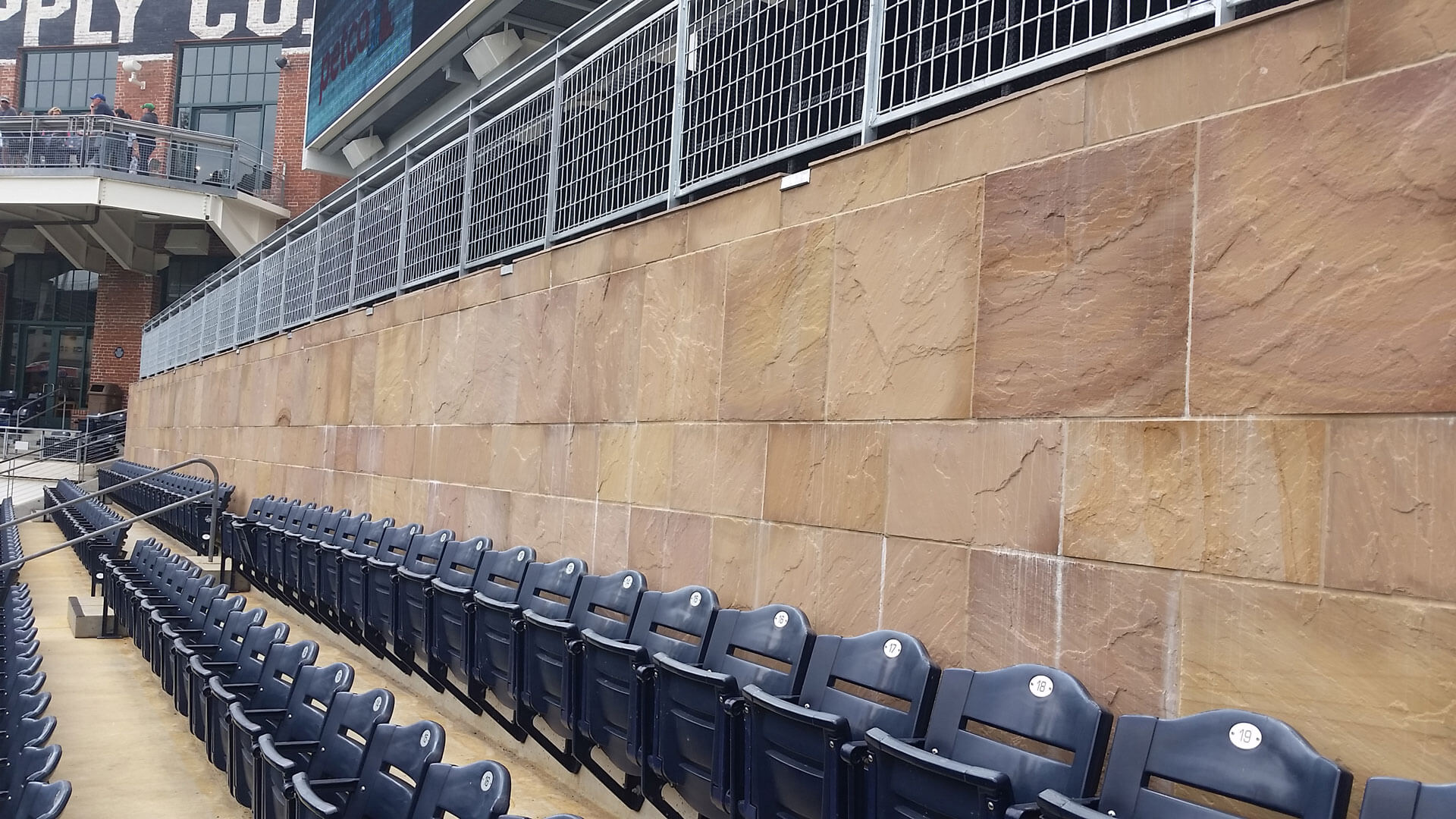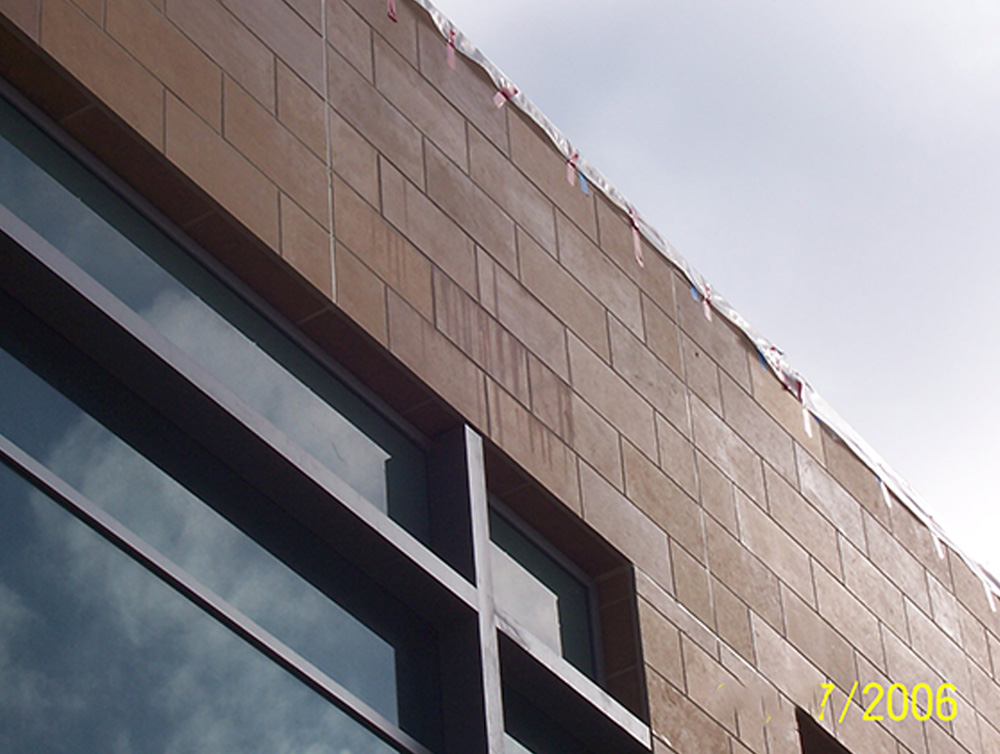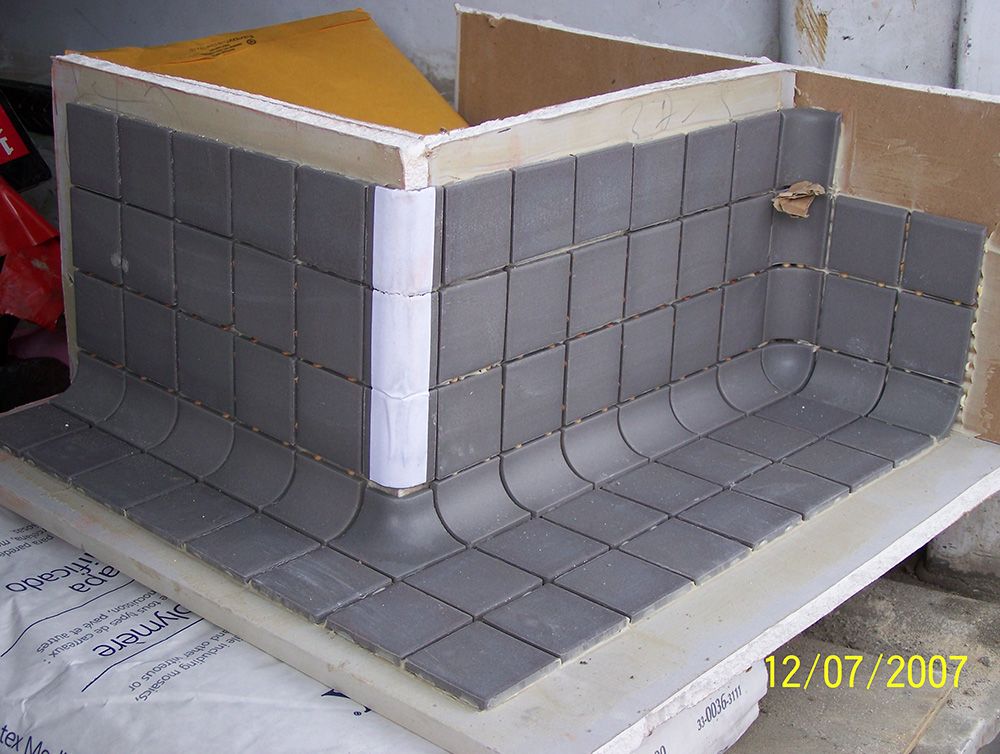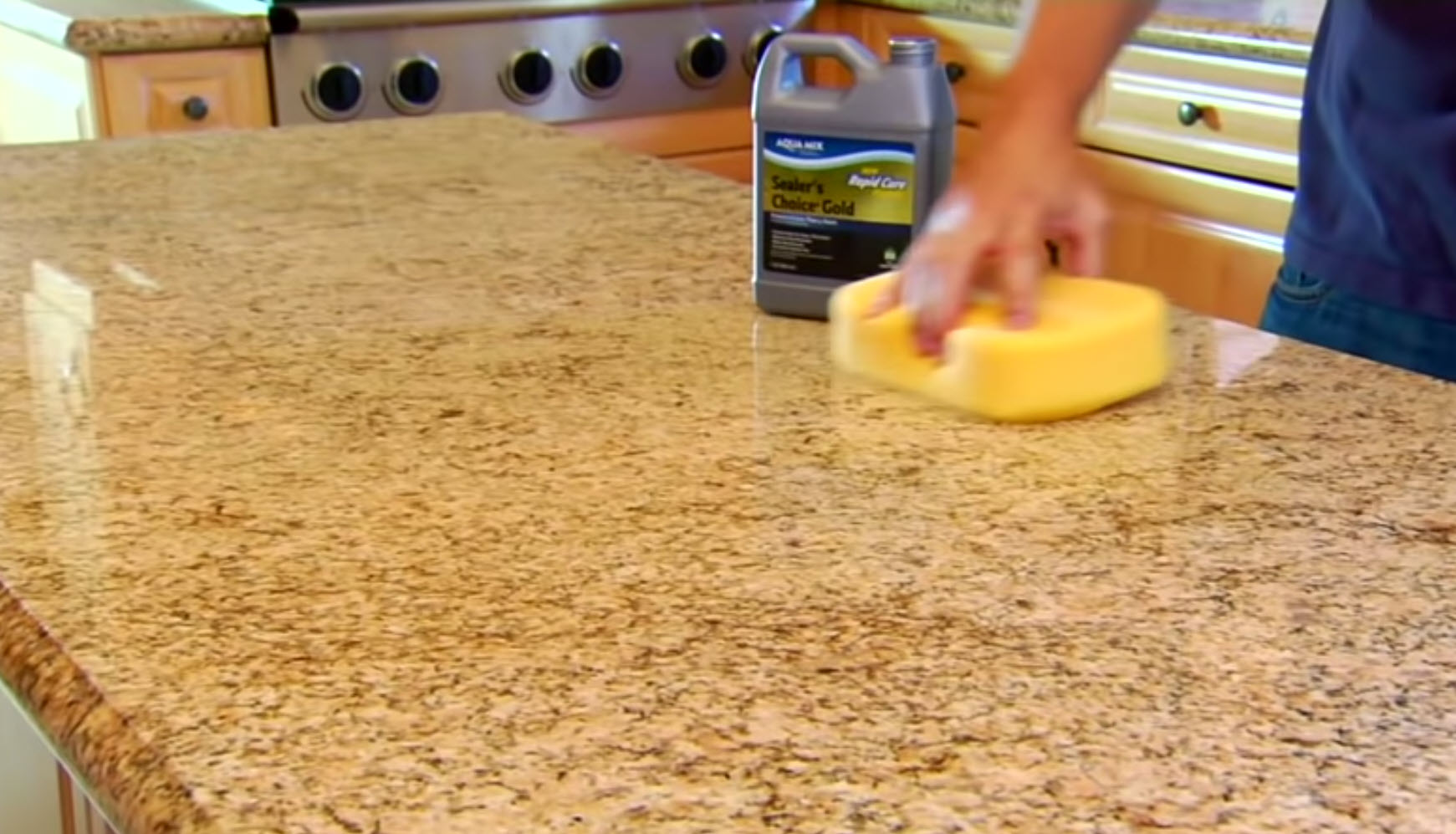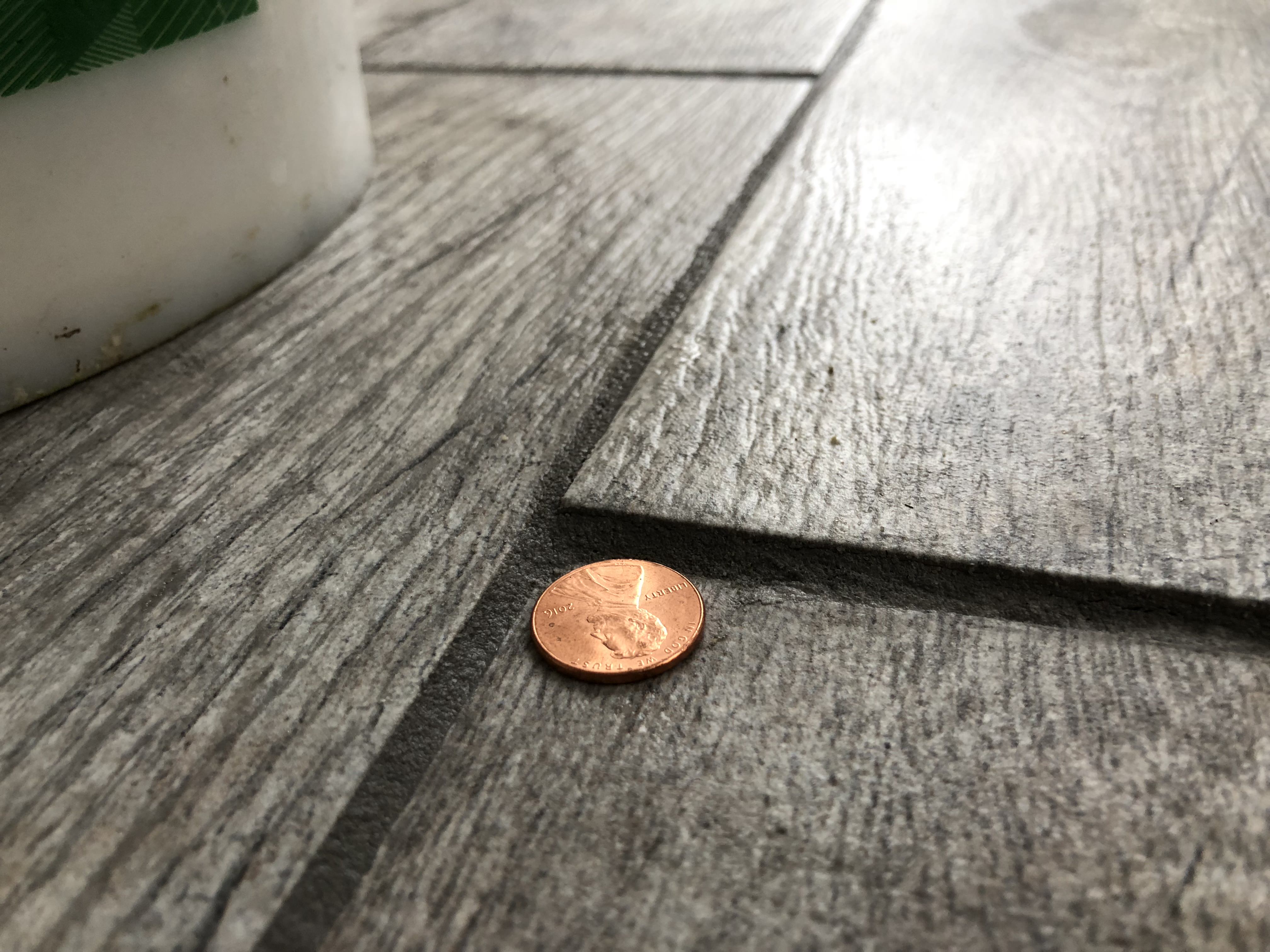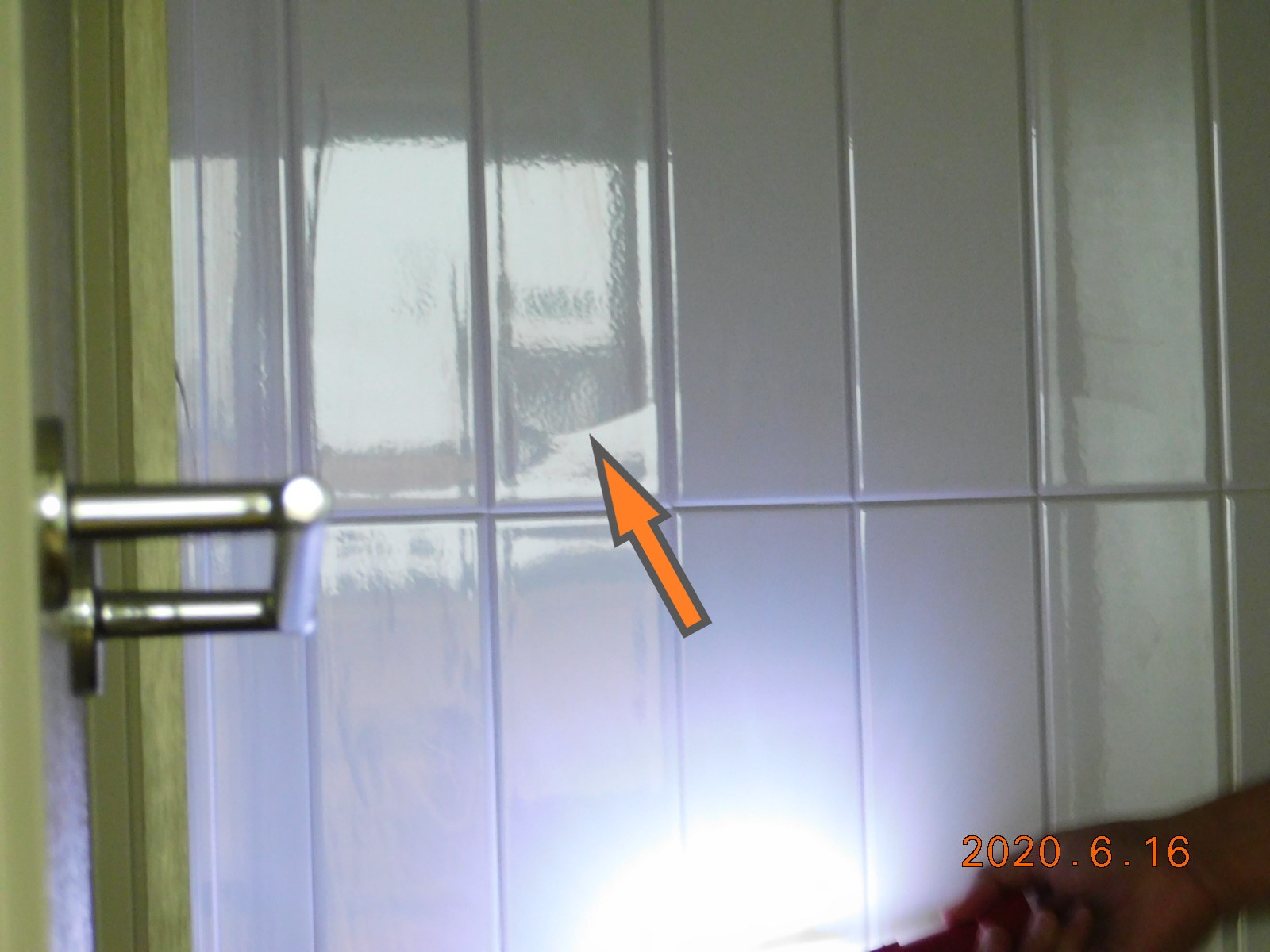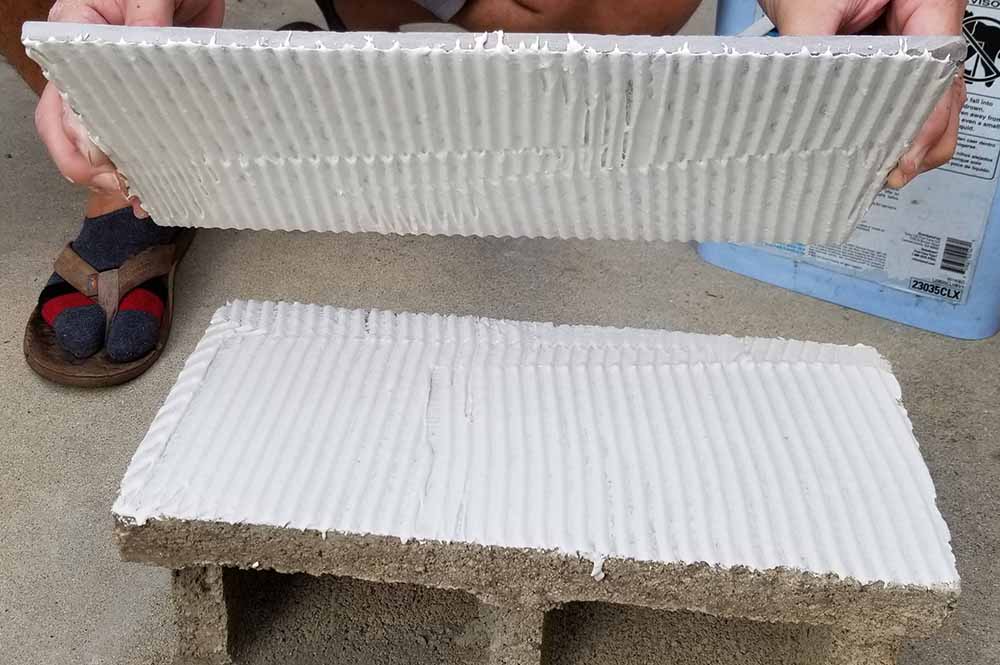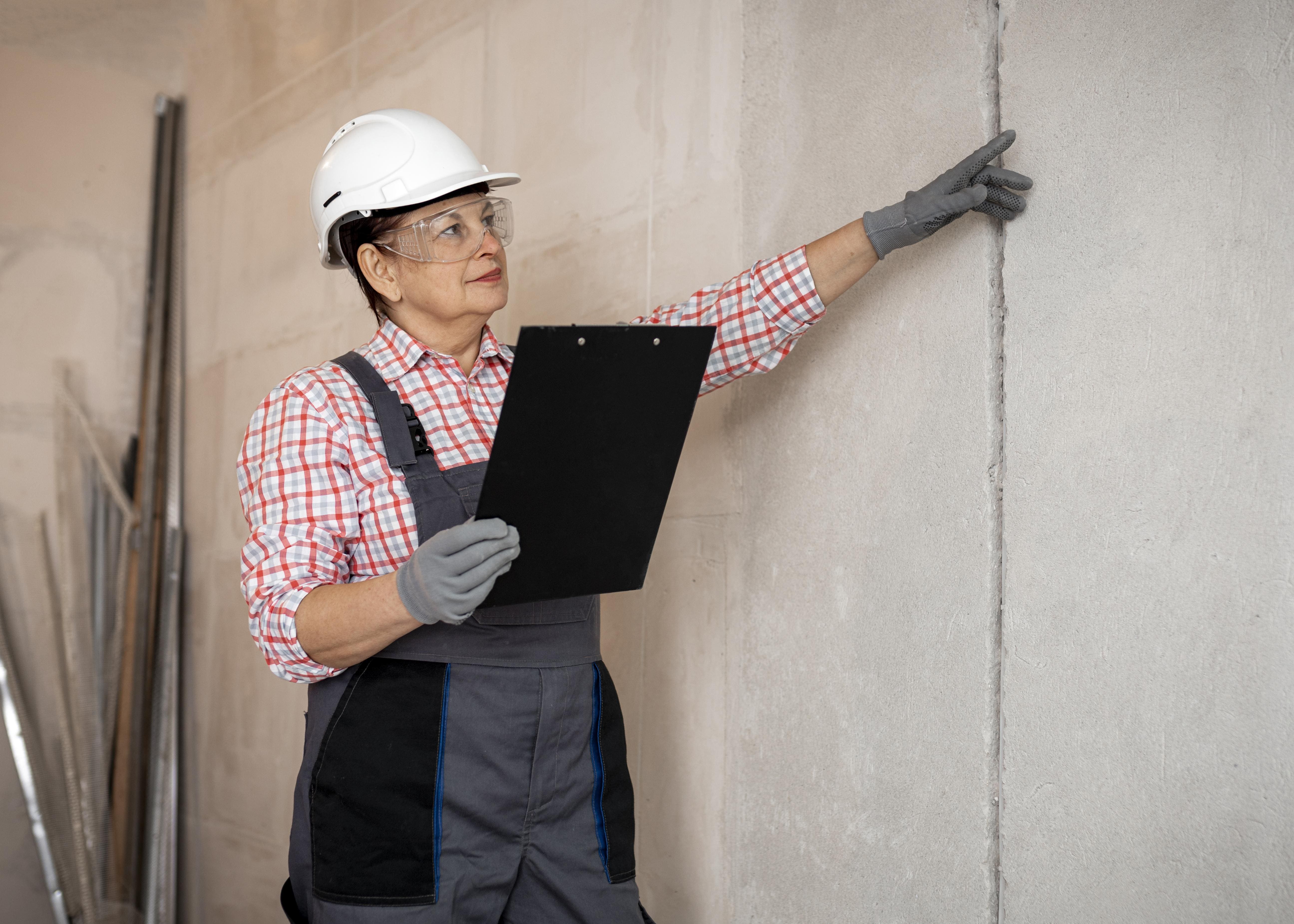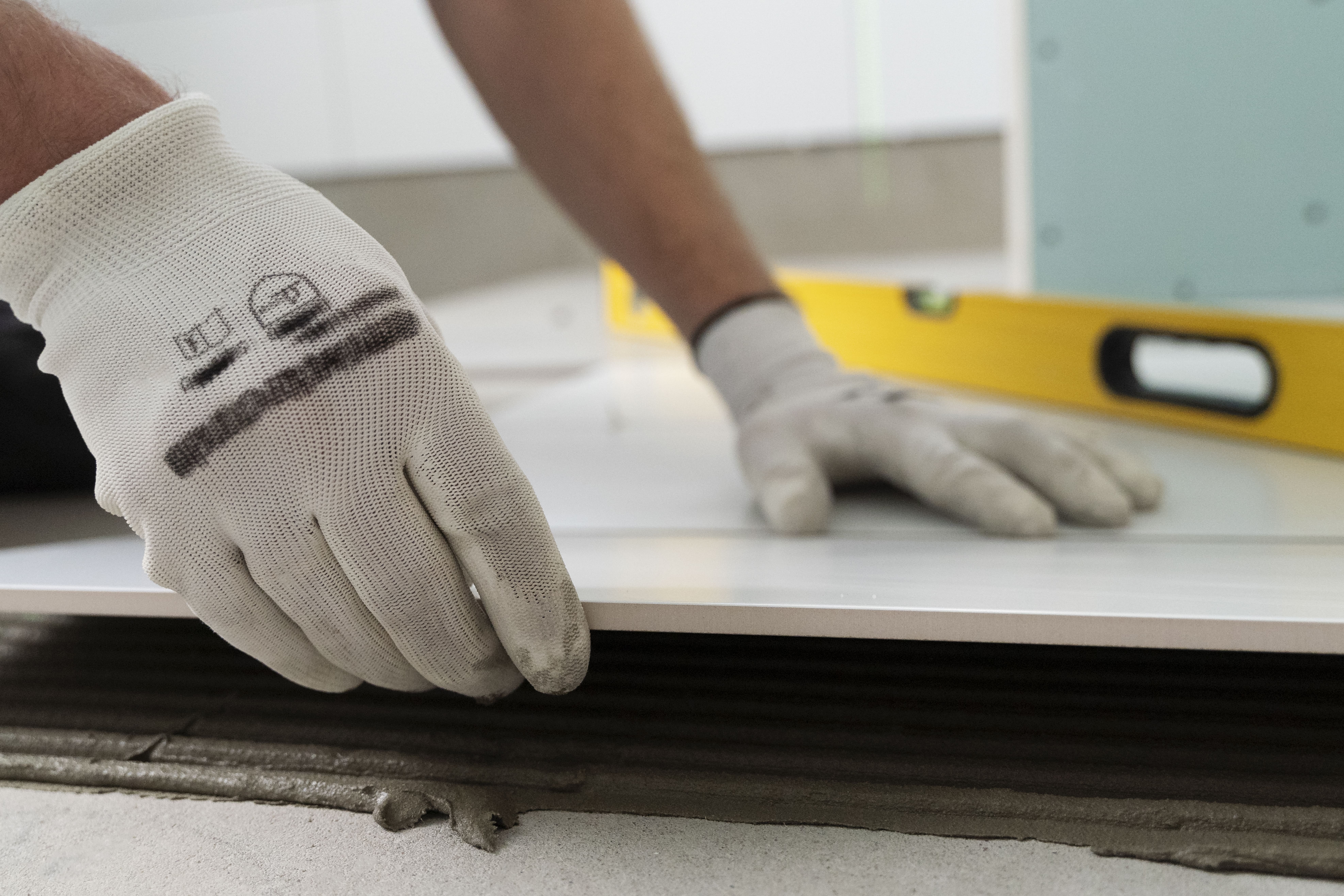Rusting Stone
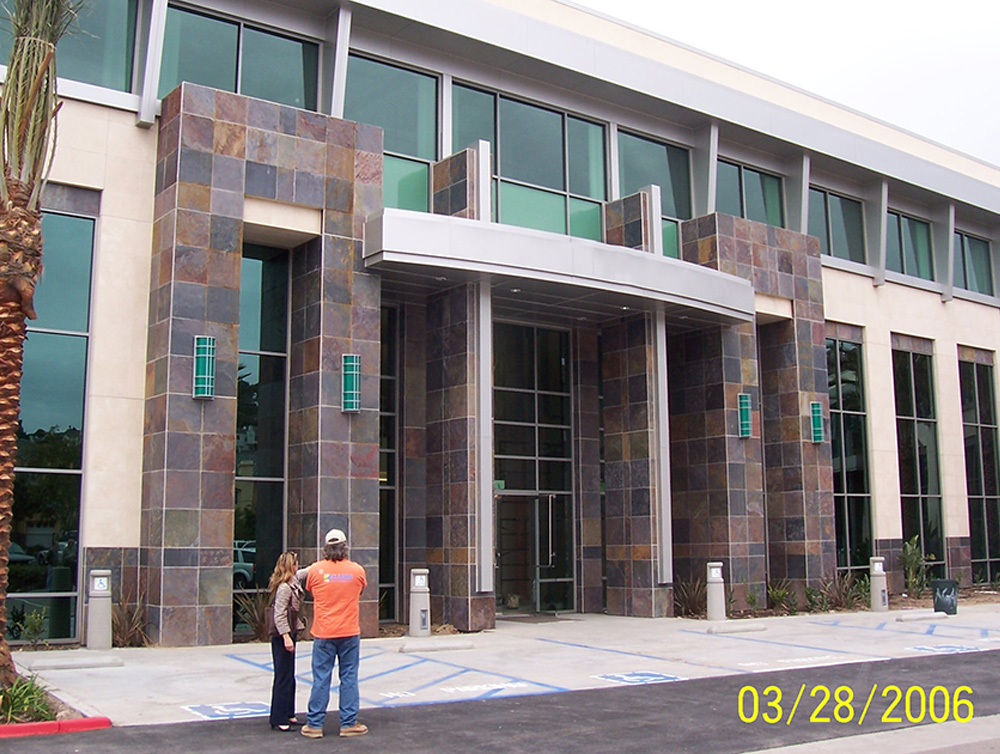
Natural stones are formed over time by various geological processes.
The results are stunning and provide and endless array of colors, textures, inclusions, and other characteristics. One inclusion that is not desired is iron oxide chemical compounds that cause rust. Almost never desired in an installation, rust can be an eyesore by leaving long rust colored streaks across an installations surface.
The best method to avoid rust in a stone installation is prevention by a combination of proper steps. These can include testing a stone before it is used to see what chemical properties it contains. It is also best to use materials that are known over long periods of successful application to not rust. Sealing stone tiles is another step that can be taken to help prevent water from coming in contact with potential iron oxides that may cause rust to appear.
Proper installation techniques and water management planning can also be critical for eliminating or minimizing rust. If a tile is installed with large voids in the adhesive mortar, then water can collect in these voids which will typically exacerbate the rusting process. Over maintenance is another cause of rusting stone. It is where the owner or the facility team engages in frequent hosing, power washing, and cleaning of applications or adjacent areas where the water runoff saturates the tile or stone assembly. Believe it or not, but sometimes rusting stone can be drastically reduced by limiting the amount of water that saturates the assembly.
We offer quality assurance services which can often be the difference between how a project performs and whether a stone tile is installed correctly and performs as intended. This service should be employed long before an installation is scheduled to take place so the proper steps can be taken with the adequate amount of time still left in case a new material needs to be sourced.


